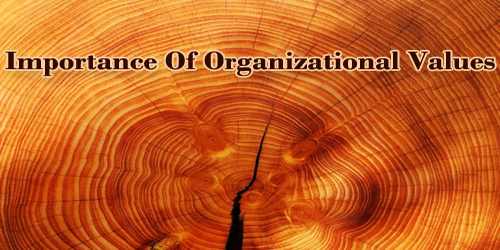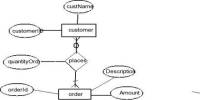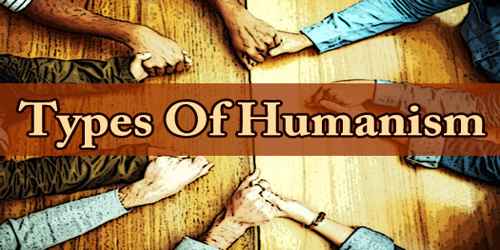Organizational values drive the way we influence, how we interact with each other, and how we work together to achieve results. Organizational values are not descriptions of the work we do or the strategies we employ to accomplish our mission, they are the unseen drivers of our behavior, based on our deeply held beliefs that drive decision-making. The collective behaviors of all employees become the organizational culture, “the way we do things around here”, fulfilling the organization’s promise to stakeholders.
Actually, organizational values determine the way that we treat people, and it shapes our basic work ethics. A systematic approach to build organizational values enables an organization to develop an effective and strong work culture to bind the behavior of people. Theoretically, we can categorize values as terminal and instrumental.
Terminal values process our upbringing. During this process of upbringing, we shape our values from cues that emerge from our experience of happiness, freedom, and friendship. However, in the process of our upbringing, we may not always experience happiness. To sustain this, we develop instrumental values to shape our values, which guide us on the ways to be cheerful, to be responsible, and to show self-control.
Experience has taught us that poor alignment between the values of an organization and the personal values of their employees, translates directly into poor performance. This, in turn, impacts negatively on the quality of deliverables and the organization’s financial performance. Conversely, when the values of the organization are aligned with the personal values of employees, the result will be a high-performance environment with high levels of employee engagement and the pursuit of excellence for the benefit of the organization.
Cultural differences also cause major differences in people’s values. Americans want everything now, have little patience with waiting and are pushy. Japanese workers tend to be more patient with waiting for job promotions and are willing to stay with the company for a long run. Germans believe more in analytic decision making, with less interest in brainstorming and quick decision making.
Every individual and every organization is involved in making hundreds of decisions every day. The decisions we make are a reflection of our values and beliefs, and they are always directed towards a specific purpose. That purpose is the satisfaction of our individual or collective (organizational) needs.
There are four types of values that we find in an organizational setting: individual values, relationship values, organizational values, and societal values.
- Individual Values – Individual values reflect how we show up in our lives and our specific needs-the the principles we live by and what we consider important for our self-interest. Individual values include: enthusiasm, creativity, humility, and personal fulfillment.
- Relationship Values – Relationship values reflect how we relate to other people in our life, be they friends, family, or colleagues in our organization. Relationship values include: openness, trust, generosity, and caring.
- Organizational Values – Organizational values reflect how our organization shows up and operates in the world. Organizational values include: financial growth, teamwork, productivity, and strategic alliances.
- Societal Values – Societal values reflect how we or our organization relates to society. Societal values include: future generations, environmental awareness, ecology, and sustainability.
Most organizations have identified values but for many, they are restricted to wall plaques and induction handbooks, far from the hearts of employees. This disconnects points to leaders who are not empowered to model the values through decision-making and behavior.
Many organizations today focus on technical competencies when hiring people, overlooking the importance of cultural fit and the underlying behavioral competencies. While technical capability is a prerequisite for most roles, it is values alignment that will determine the candidate’s ability to contribute and make the organization more resilient.
An optimistic employee always tends to look at the brighter side of an organization, always positive. Value systems develop largely through our education. The cognitive part we develop through our knowledge, knowing what is right and what is wrong. The affective part, being the emotional side, we develop through our experience. The behavioral part is a blend of knowledge and emotions. Managing the value systems of employees is important. Mismatch of value systems of the employees with the organization affects the efficiency and performance, which, therefore, renders the organization to experience competitive disadvantage.
Information Sources:
















